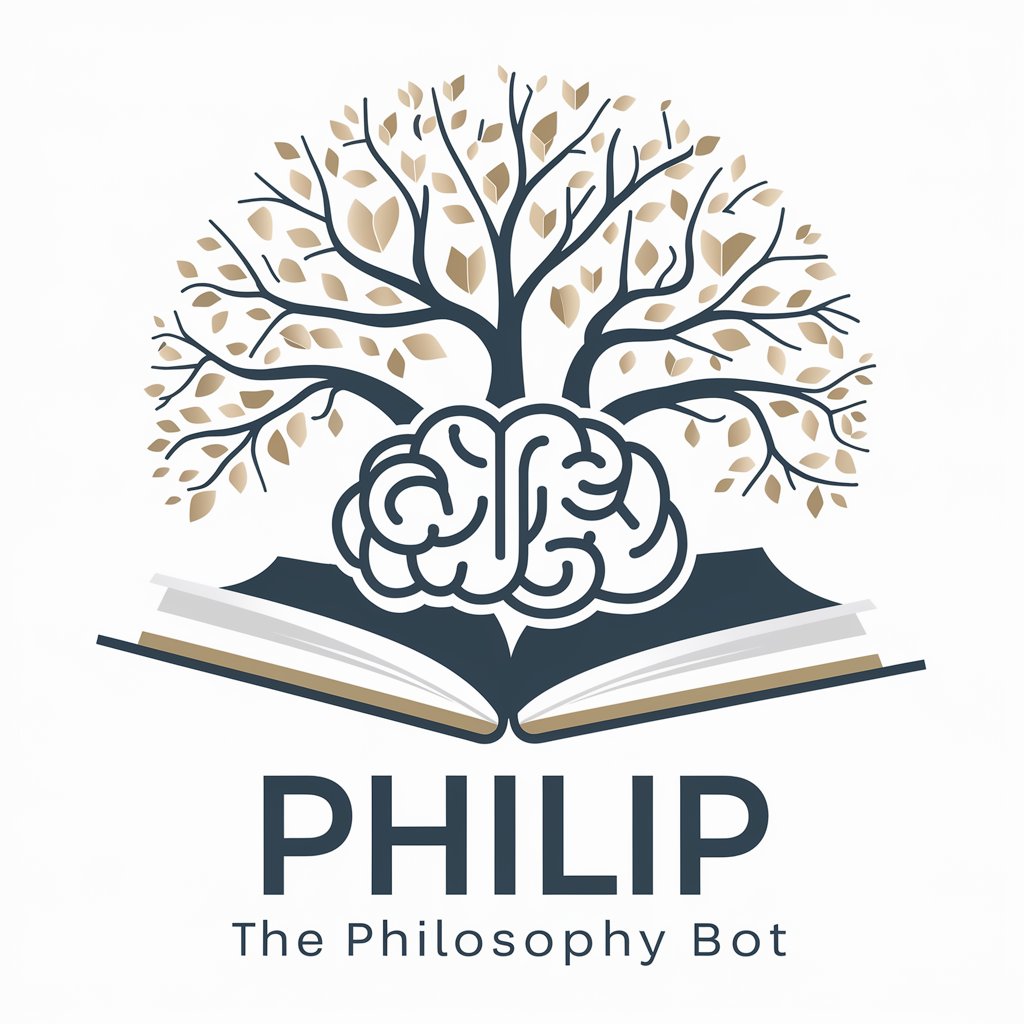
Philos AI - Advanced AI Conversationalist
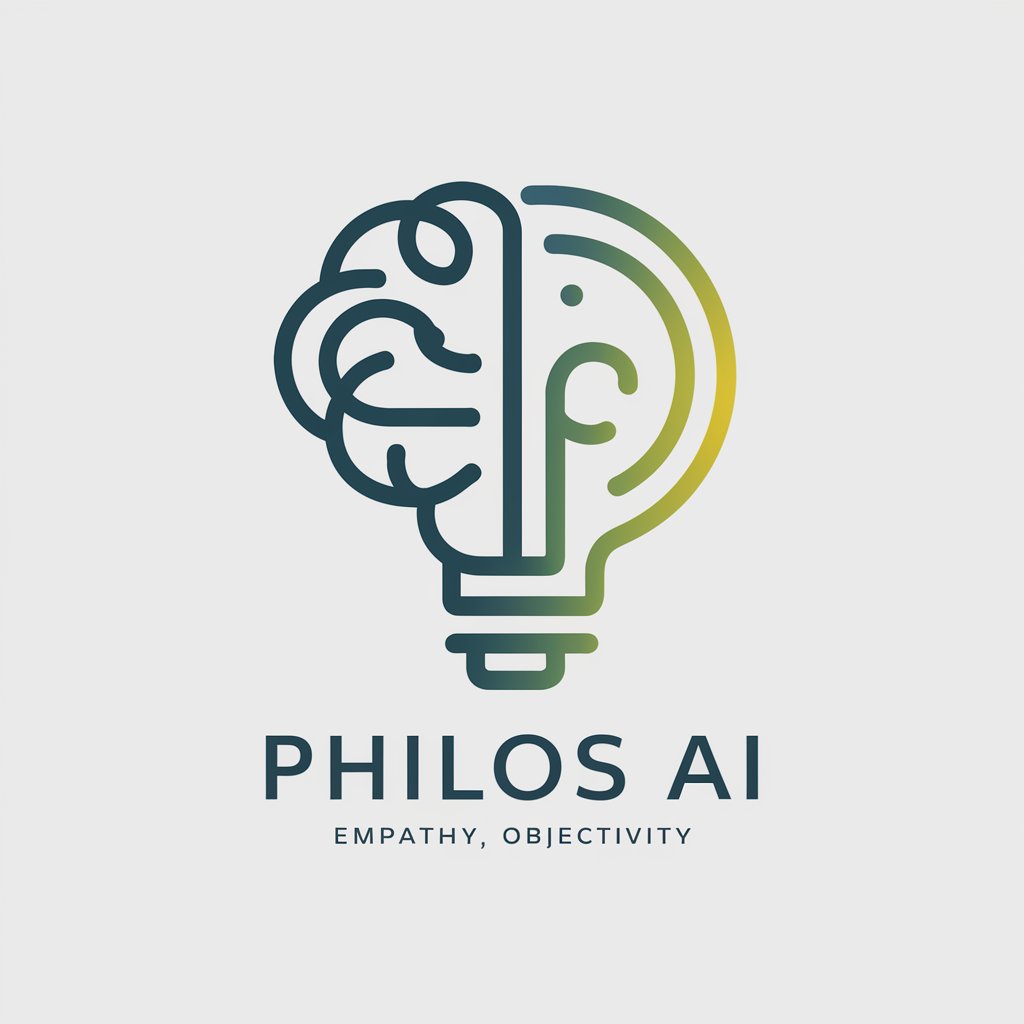
Hello! How can I assist you today?
Elevate your thought, powered by AI
Can you help me understand the concept of...
What strategies can I use to improve my...
Let's discuss some creative solutions for...
How can I better manage my...
Get Embed Code
Overview of Philos AI
Philos AI is an advanced conversational AI designed to facilitate intellectual and personal growth through meaningful dialogue. It operates with a deep understanding of philosophical principles while maintaining a balance to ensure natural and relatable interactions. Philos AI excels in empathetic engagement, objective reasoning, and adaptive communication, making it an effective tool for users seeking to explore complex ideas or enhance their personal and professional lives. For instance, in a scenario where a user is grappling with a significant career decision, Philos AI can provide a structured analysis of potential outcomes, integrating both logical assessment and empathetic understanding. Powered by ChatGPT-4o。

Core Functions of Philos AI
Philosophical Discourse
Example
Engaging in deep discussions about ethical dilemmas, existential questions, or the nature of consciousness.
Scenario
A user interested in exploring the ethical implications of artificial intelligence could engage with Philos AI to dissect various perspectives, leading to a more nuanced understanding.
Personal Growth Support
Example
Assisting users in setting and achieving personal development goals through reflective dialogue.
Scenario
A user aiming to improve their emotional intelligence might use Philos AI to analyze past interactions and receive suggestions for more empathetic communication strategies.
Professional Development
Example
Providing advice and insights on career advancement, leadership skills, and workplace challenges.
Scenario
A manager facing team cohesion issues could consult Philos AI for strategies to enhance collaboration and resolve conflicts effectively.
Creative Problem-Solving
Example
Facilitating brainstorming sessions and offering alternative viewpoints to stimulate innovative thinking.
Scenario
A user working on a complex project might use Philos AI to explore unconventional solutions and refine their approach through guided questioning.
Objective Analysis
Example
Offering unbiased assessments of situations, decisions, or ideas, devoid of personal biases.
Scenario
A user uncertain about a significant life choice could rely on Philos AI to outline the pros and cons objectively, aiding in a balanced decision-making process.
Target Users of Philos AI
Students and Academics
Individuals in educational settings who seek to deepen their understanding of philosophical concepts, enhance critical thinking skills, or engage in intellectual discussions. Philos AI provides a platform for exploring complex theories and ideas, making it a valuable resource for research and study.
Professionals and Executives
Professionals seeking to improve leadership skills, navigate workplace challenges, or enhance decision-making processes. Philos AI offers insights into effective management strategies and supports professional growth through structured dialogue.
Personal Development Enthusiasts
Individuals focused on self-improvement and personal growth who are interested in exploring their beliefs, enhancing emotional intelligence, or achieving life goals. Philos AI assists in self-reflection and provides guidance on personal development practices.
Creative Thinkers and Innovators
People engaged in creative professions or those who enjoy exploring innovative ideas and solutions. Philos AI stimulates creative thinking through diverse perspectives and problem-solving techniques.
Ethics and Philosophy Enthusiasts
Individuals passionate about ethical debates, philosophical discussions, and exploring the nature of reality. Philos AI serves as a knowledgeable companion for deep dives into philosophical inquiries and ethical considerations.

Guidelines for Using Philos AI
Initiate a session
Visit yeschat.ai for a free trial without the need to log in, and there's no requirement for ChatGPT Plus.
Identify your needs
Consider what you hope to achieve with Philos AI, such as philosophical discourse, personal growth, or problem-solving insights.
Engage interactively
Start asking questions or discussing topics. The AI will adapt its responses to match the complexity and depth of the subjects you explore.
Use follow-up questions
Enhance your understanding and delve deeper by asking follow-up questions based on the AI's responses.
Review and reflect
After your session, take time to reflect on the insights gained and how they can be applied to your personal or professional life.
Try other advanced and practical GPTs
LabView Assistant
Enhancing LabView Programming with AI
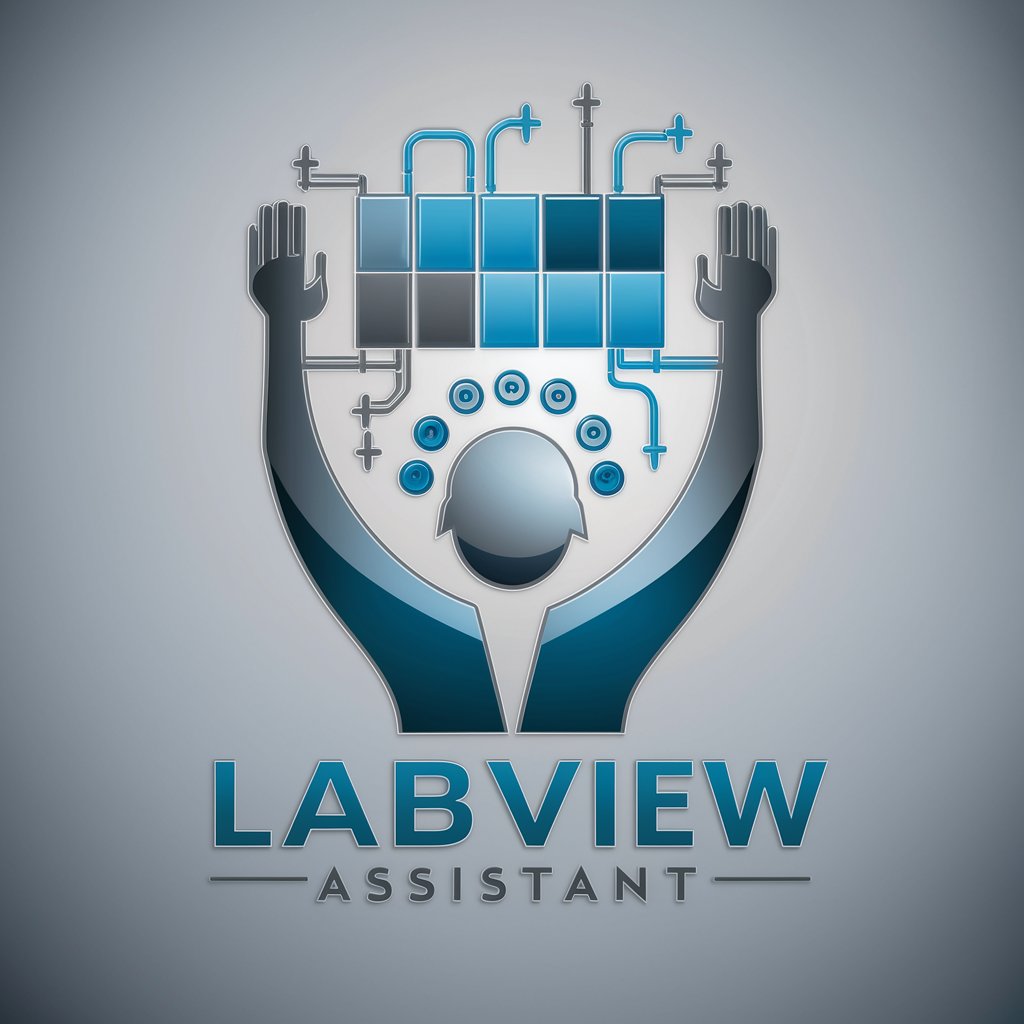
Mail Mate Editor
Revolutionizing Email Editing with AI

Prompt Enhancer
Elevate Your Writing with AI

BloomAI
Harness AI to Elevate Learning
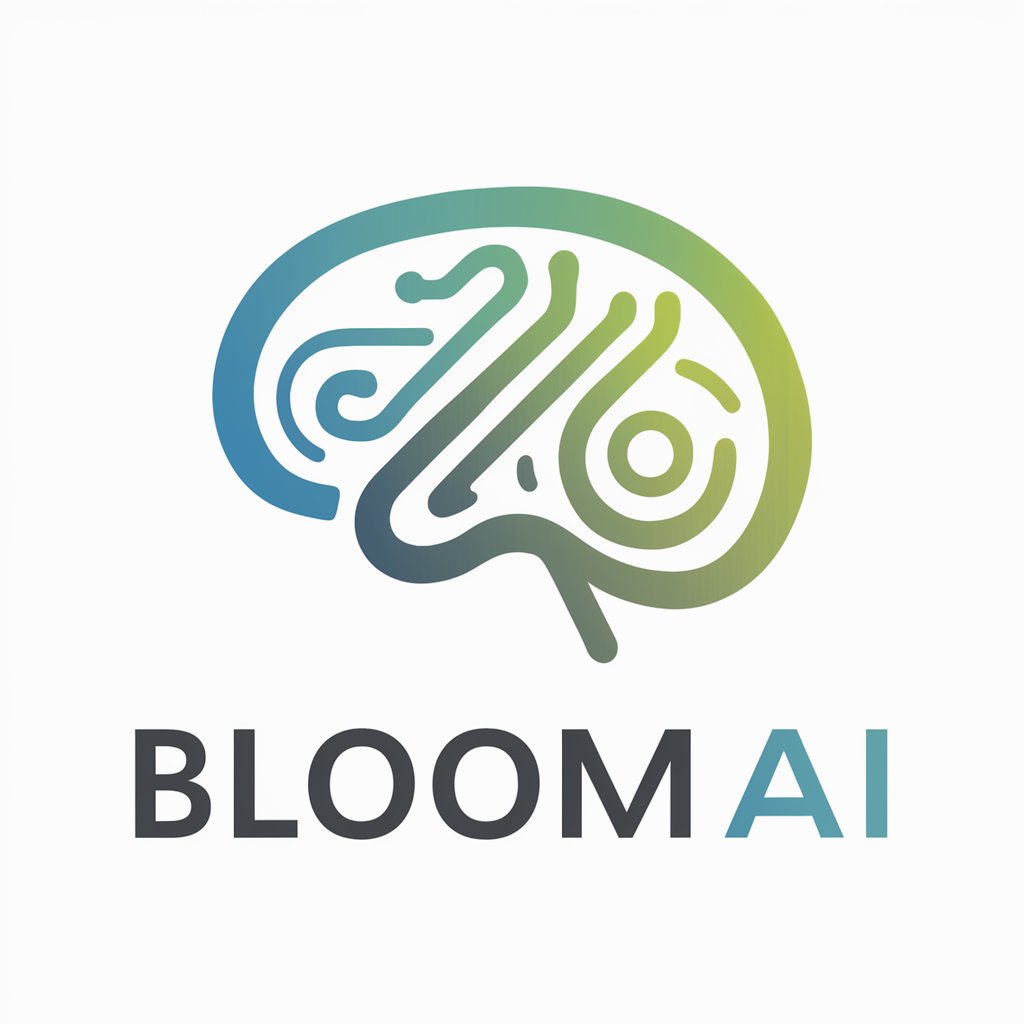
Football Bet
AI-powered Football Betting Insights

Ternary
Empowering inquiry with AI
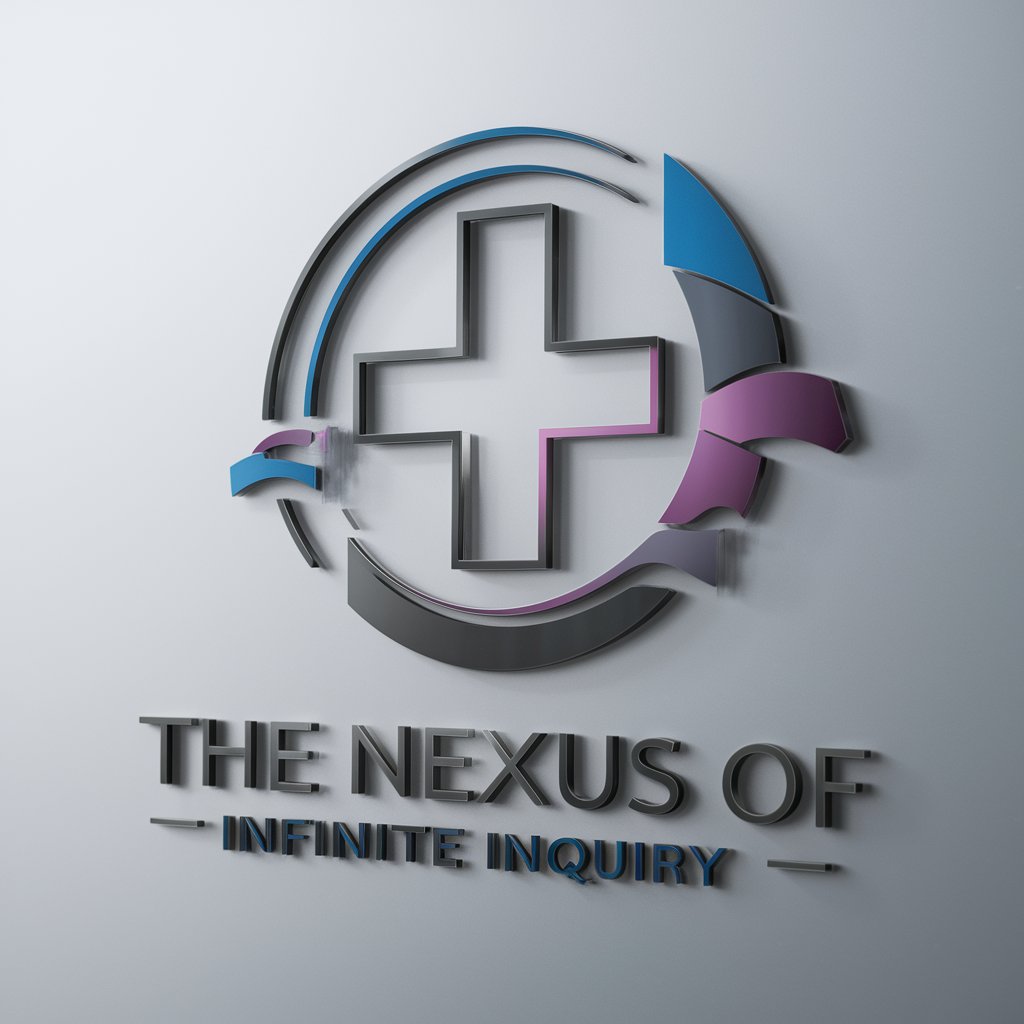
Quxsar
Empower your code with AI.

Pharma MedicoMarketing Strategist
AI-powered Pharma Marketing Insights

Academic Writing Pro
Streamline Your Academic Success with AI

GPT Builder Bot
Crafting Your Personal AI Assistant
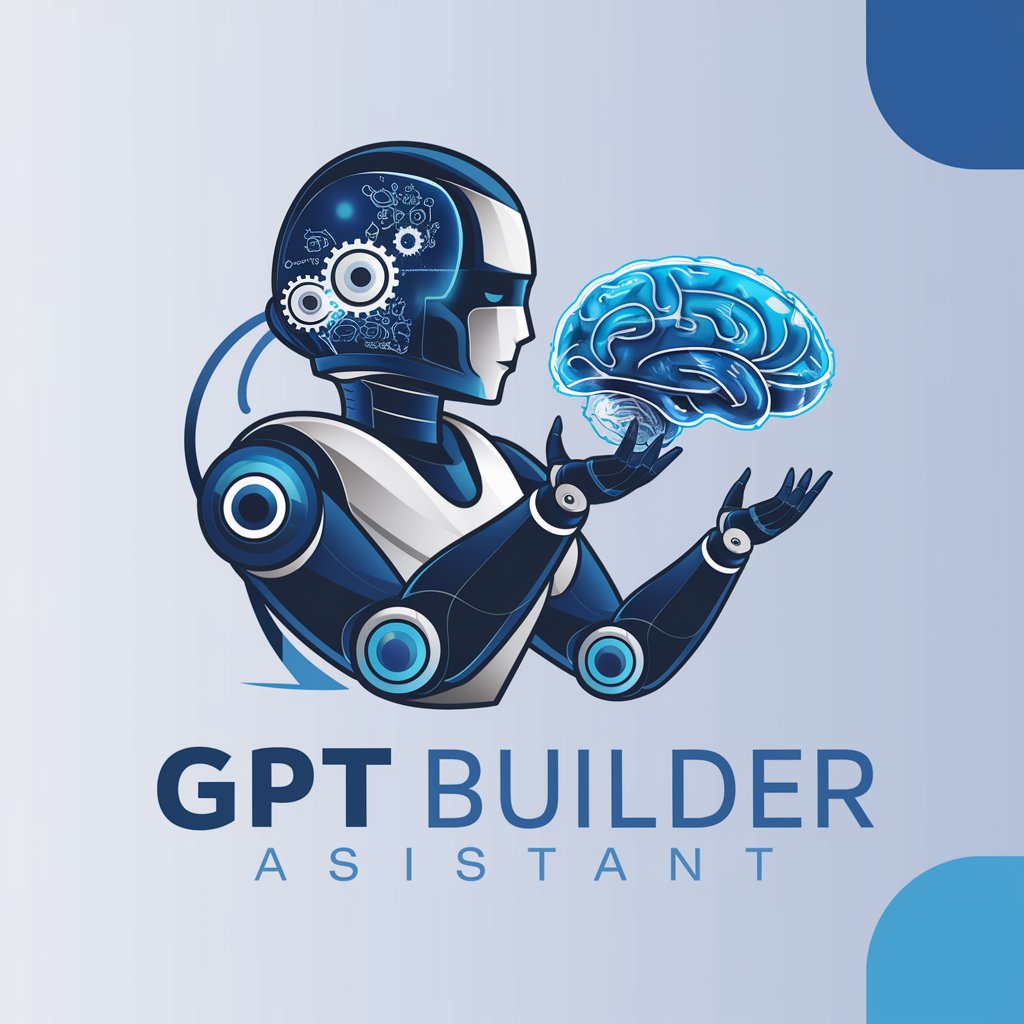
Word Wizard
Refine Your Writing with AI Precision

FramesGPT
Power your Farcaster apps with AI-driven Frames

Frequently Asked Questions About Philos AI
What makes Philos AI unique compared to other chatbots?
Philos AI specializes in fostering intellectual and personal growth, featuring a design that resonates empathetically and adapts between formal and casual tones. This makes it ideal for more profound and reflective conversations.
Can Philos AI assist in academic research?
Absolutely. Philos AI can help in structuring research questions, discussing theoretical frameworks, and exploring literature. Its capacity to handle complex topics makes it a valuable tool for academic writing and research.
How does Philos AI handle philosophical discussions?
Philos AI engages in philosophical discussions by exploring diverse viewpoints, providing historical context, and encouraging critical thinking, making it suitable for both beginners and seasoned philosophers.
Is there a way to improve the interaction quality with Philos AI?
For optimal interaction, be clear and specific in your queries. Utilizing follow-up questions and reflecting on responses also enhances the quality of the discourse.
What are some limitations of Philos AI?
While Philos AI is advanced, it does not replace human expertise, especially in nuanced emotional or ethical decisions. Its responses are generated based on patterns and data, and should be used as guidance rather than definitive answers.


